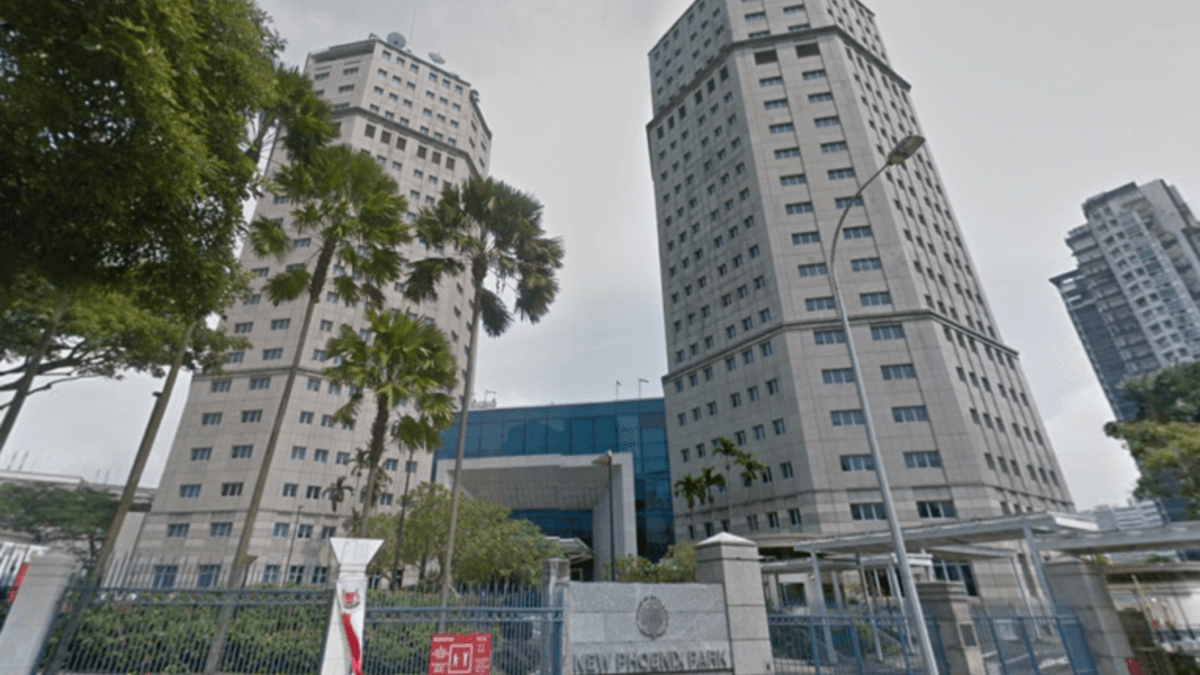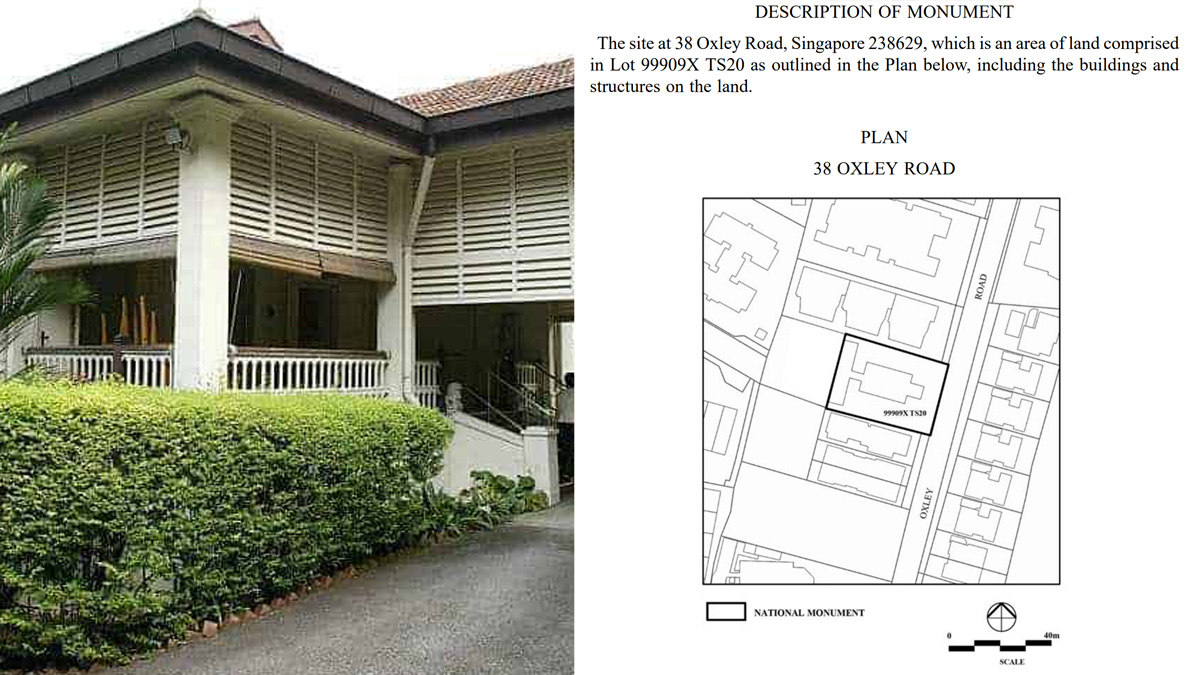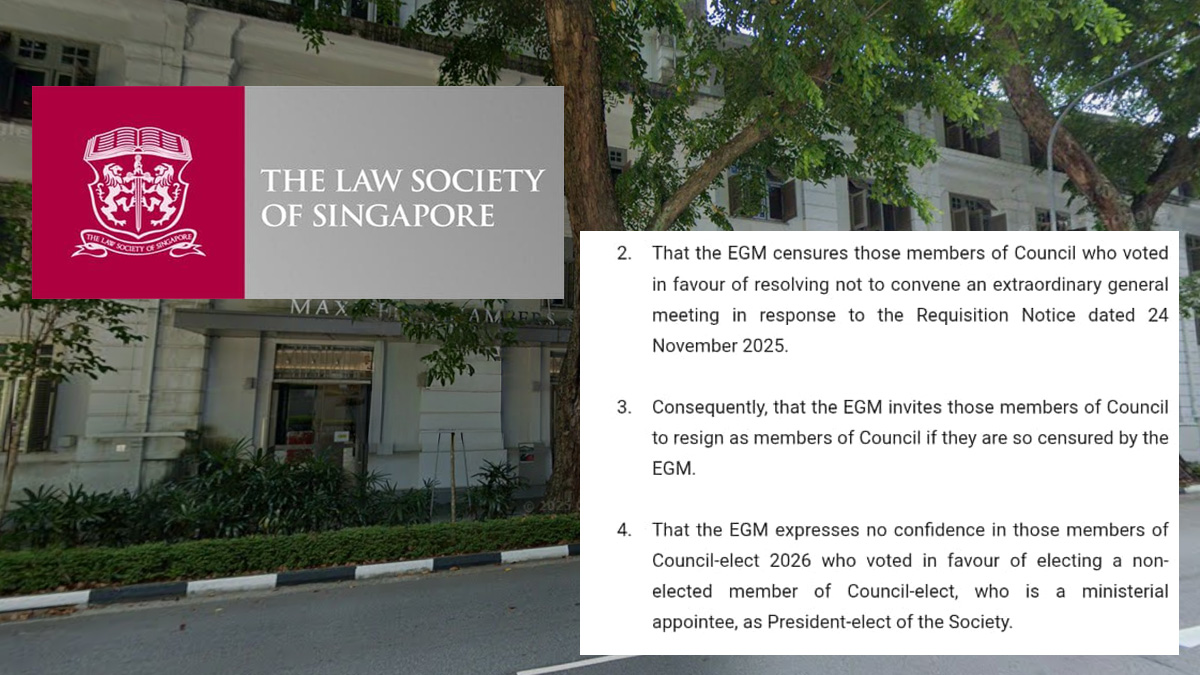14-year-old Singaporean placed under restriction order for adopting mixed extremist ideologies
A 14-year-old boy has become the first known youth in Singapore to be radicalised by a mix of extremist ideologies — from ISIS and Nazism to communism and misogynistic incel beliefs — according to the Internal Security Department (ISD). Authorities say his case highlights a growing trend of “hybrid” radicalisation among young people online.

- Teen radicalised online by a blend of ISIS, Nazi, communist, and incel ideologies.
- Contacted foreign extremists and discussed attacks but made no concrete plans.
- Placed under a restriction order and undergoing rehabilitation with family and school support.
SINGAPORE — A 14-year-old boy has been placed under a restriction order (RO) after becoming radicalised by a mix of extremist ideologies, including support for ISIS, Nazism, communism and misogynistic incel ideas.
The Internal Security Department (ISD) announced on 9 September that this was the first known case in Singapore of a youth adopting a “salad bar” of conflicting extremist beliefs.
The boy was exposed to radical content in mid-2024 through online personalities who mixed far-right narratives with true crime videos. He later read manifestos from Brenton Tarrant, the Christchurch mosque shooter, and Anders Breivik, who carried out the 2011 Norway attacks.
Shift towards jihadist content and pledge to ISIS
In November 2024, the teenager began consuming ISIS propaganda and pledged allegiance to the group in April 2025. He admired Osama bin Laden and circulated ISIS-related materials online, even telling others he aspired to be a fighter.
While he shared extremist content with some classmates, none were radicalised.
Discussions of attacks and contact with foreign extremists
The boy communicated with foreign extremists, including an alleged Iraq-based ISIS supporter who offered bomb-making guides and assistance for an attack in Singapore.
He also mentioned wanting to carry out a school shooting or target Jews but made no concrete preparations.
At the same time, he adopted incel ideologies, developing a deep hatred of women.
Family unaware and contradictory beliefs
ISD said the boy’s family was unaware of his activities, as he hid his online footprint. His beliefs were shallow and contradictory — supporting both Nazi Germany and communist North Korea.
Rehabilitation and wider concerns
The boy will undergo religious counselling, psychological support and mentorship. ISD will work with his family and school to maintain stability and prevent disruption to his education.
Authorities said the case underscores a worrying global trend of young people blending conflicting extremist ideologies due to unfiltered online exposure.
ISD warned that anyone who promotes or prepares for armed violence — regardless of ideology — poses a security threat.
Second Singaporean issued order for extremist intent
ISD also disclosed that 30-year-old online business owner Muhammad Jihadul Mustaqiim Mahmud was issued a restriction order in July 2025.
He had expressed a wish to die fighting with Syrian rebel groups and later explored joining Malhama Tactical, a group training anti-Assad fighters. Despite the regime’s fall in 2024, he continued engaging with extremists and planned to travel for combat training.
He also expressed intentions to defend Turkey in a potential conflict with Greece.
Conditions of restriction orders
Under Singapore’s Internal Security Act (ISA), individuals under an RO must obtain approval before changing residence, employment, or travelling abroad. They are also restricted from accessing the internet or publishing statements without permission.
These restrictions aim to prevent further radicalisation while supporting rehabilitation.
Ongoing threat assessment
Two Singaporeans previously under ROs were released after showing progress, while three other individuals were dealt with under the ISA in 2025 — including a housewife who ran pro-terror groups and two teens linked to ISIS-related plans.
ISD reiterated that Singapore’s terrorism threat level remains high, driven by regional instability and global conflicts.
Members of the public are urged to stay vigilant and report suspected radicalisation by calling 1800-2626-473 or emailing [email protected].








0 Comments